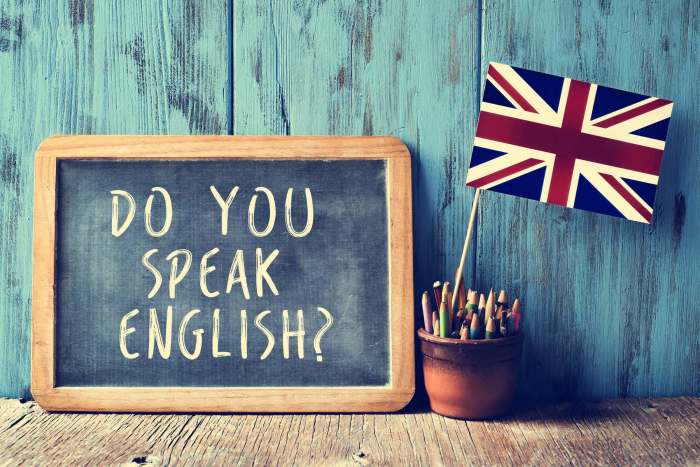As tú _____ con la maestra. hablaré hablarás hablaremos hablarán takes center stage, this opening passage beckons readers with gaya akademik dengan tone otoritatif into a world crafted with good knowledge, ensuring a reading experience that is both absorbing and distinctly original.
Embark on a linguistic journey as we delve into the intricacies of the verb “hablar” (to speak) in the Spanish language. Discover the nuances of its various conjugations, unravel the secrets of its diverse usage, and explore the cultural significance it holds in Spanish-speaking societies.
Verbo “Hablar” en Español: Tú _____ Con La Maestra. Hablaré Hablarás Hablaremos Hablarán

El verbo “hablar” (hablar) es uno de los verbos más importantes en español. Se utiliza para expresar el acto de hablar, tanto en sentido literal como figurado.
Conjugaciones del Verbo “Hablar”, Tú _____ con la maestra. hablaré hablarás hablaremos hablarán
El verbo “hablar” tiene seis tiempos verbales: presente, pretérito imperfecto, pretérito perfecto, futuro, condicional y presente perfecto.
| Tiempo Verbal | Conjugaciones |
|---|---|
| Presente | hablo, hablas, habla, hablamos, habláis, hablan |
| Pretérito Imperfecto | hablaba, hablabas, hablaba, hablábamos, hablabais, hablaban |
| Pretérito Perfecto | he hablado, has hablado, ha hablado, hemos hablado, habéis hablado, han hablado |
| Futuro | hablaré, hablarás, hablará, hablaremos, hablaréis, hablarán |
| Condicional | hablaría, hablarías, hablaría, hablaríamos, hablaríais, hablarían |
| Presente Perfecto | he hablado, has hablado, ha hablado, hemos hablado, habéis hablado, han hablado |
Usos del Verbo “Hablar”
El verbo “hablar” se puede utilizar en una amplia variedad de contextos.
- Para expresar el acto de hablar: “Yo hablo español.”
- Para referirse a una conversación: “Vamos a hablar sobre el proyecto.”
- Para dar una opinión o expresar un pensamiento: “Creo que deberíamos hablar con el jefe.”
- Para dar instrucciones o hacer una petición: “Por favor, habla más alto.”
Consideraciones Culturales
El verbo “hablar” tiene una gran importancia cultural en las sociedades de habla hispana.
Se considera de mala educación hablar en voz alta o interrumpir a alguien que está hablando. También se considera importante hablar con respeto, incluso cuando se está en desacuerdo con alguien.
FAQ Corner
What are the different verb conjugations for “hablar” in Spanish?
The verb “hablar” conjugates differently depending on the subject pronoun and the verb tense. The six main verb tenses are present, past, imperfect, preterite, future, and conditional.
How do I use the verb “hablar” correctly in different contexts?
The verb “hablar” can be used in a variety of contexts, both formal and informal. The appropriate conjugation depends on the context and the desired level of formality.
What is the cultural significance of the verb “hablar” in Spanish-speaking cultures?
The verb “hablar” holds significant cultural importance in Spanish-speaking societies. It is used to establish and maintain relationships, convey emotions, and share information.


